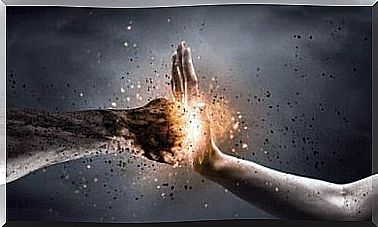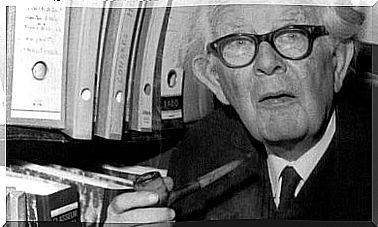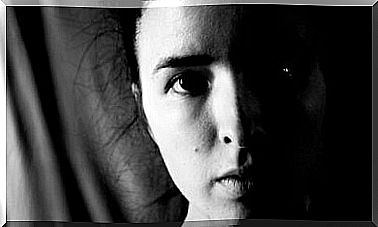Existential Roles: Victim, Persecutor And Savior
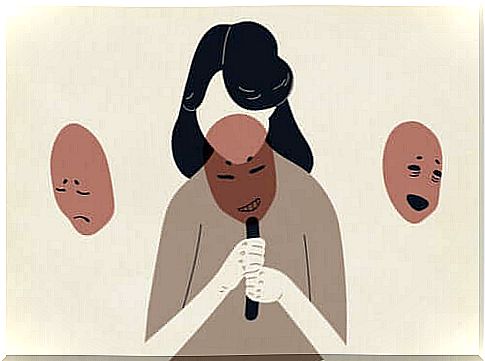
Psychologist Stephen Karpman has developed the idea that manipulative mechanisms that he calls “power games” frequently appear in unhealthy relationships. In these power games, the people involved assume three existential roles: victim, persecutor and savior.
These existential roles are characteristic of human relationships lacking in authenticity. Relationships in which there is no link based on truth, but on a reciprocal power play. A game that prevents us from seeing who we really are and who the others are. Victim, persecutor and savior are masks we use to face our difficulties.
Definitions of the existential roles of victim, persecutor and savior
Each of the three existential roles, according to Karpman, has its own characteristics. Victim, persecutor and savior show more or less similar behavioral genes which, precisely for this reason, can be interchangeable. The characteristics of each of these roles are as follows:
- Victim. The victim is that person who relates to others by adopting a defensive attitude. He doesn’t know, he can’t and he doesn’t try. He always seeks the help of others, without trying to get out of his condition. He puts his responsibilities on the shoulders of others.
- Persecutor. The persecutor is the one who keeps himself on the edge of the situation, at least in appearance. His role is to judge others, and he does so with extreme severity. He does not miss his nasty comments and enjoys, in some ways, generating emotional suffering for others.
- Salvatore. The savior is the person who takes on the responsibilities of others. It offers inconvenient help, since by doing so it prevents the people it helps from growing by generating an addiction.
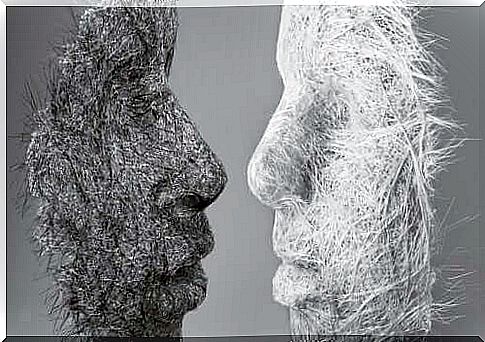
A dramatic triangle
The three existential roles are masks with different faces. The victim, for example, can manage to manipulate and take advantage of others, beyond his defensive characteristic. At the same time, he has feelings of lack of courage and insecurity, which he tries to compensate for by asking others for unconditional understanding. He can easily become an attacker.
The persecutor, for his part, pours out his frustrations on others. Seeks some sort of approval from others in order to spread his judgments with authority. He is recognized by other people for his cruelty and intimidation. Generally speaking, the persecutor is a cowardly person when it comes time to confront his fears.
The savior, who appears to be the positive character of the triad, needs to feel needed. Still, his interest is not unselfish. He feels insignificant and tries to make others depend on him to feel recognized and thus gain the affection of others. Also, he complains that sometimes he doesn’t feel wanted. He can easily switch to the role of victim.

Get out of existential roles
Even if the power play between victim, persecutor and savior tends to become a well-structured situation, it is possible to get out of it. Obviously the necessary requirement is a desire towards oneself to cultivate more genuine bonds with other people. There are several ways to transform the three existential roles into healthy attitudes. Let’s see how:
- Create an empathic collaboration. It is not a question of taking on the problems of others, but of being able to recognize the shortcomings and difficulties of others to help them overcome them. Help a person to gain more confidence and autonomy.
- Promote assertiveness. What the persecutor lacks is the ability to look away from others to turn it towards himself. We are talking about a form of autonomy that includes a dose of assertiveness. Setting yourself limits even if you find it hard to respect those set by others.
- Don’t victimize yourself, but take responsibility. Rather than waiting to be rescued, the victim should focus on taking responsibility for what belongs to them. He may need help, but he doesn’t have to ask for help from others unconditionally. She must first help herself.
The three existential roles give rise to what is called Karpman’s dramatic triangle. We speak of a triangle as the vertices that compose it (victim, persecutor and savior) are closely linked to each other. Some do not exist without the others. Furthermore, they are perfectly interchangeable roles. The victim can then become a persecutor, the persecutor a savior and so on.

